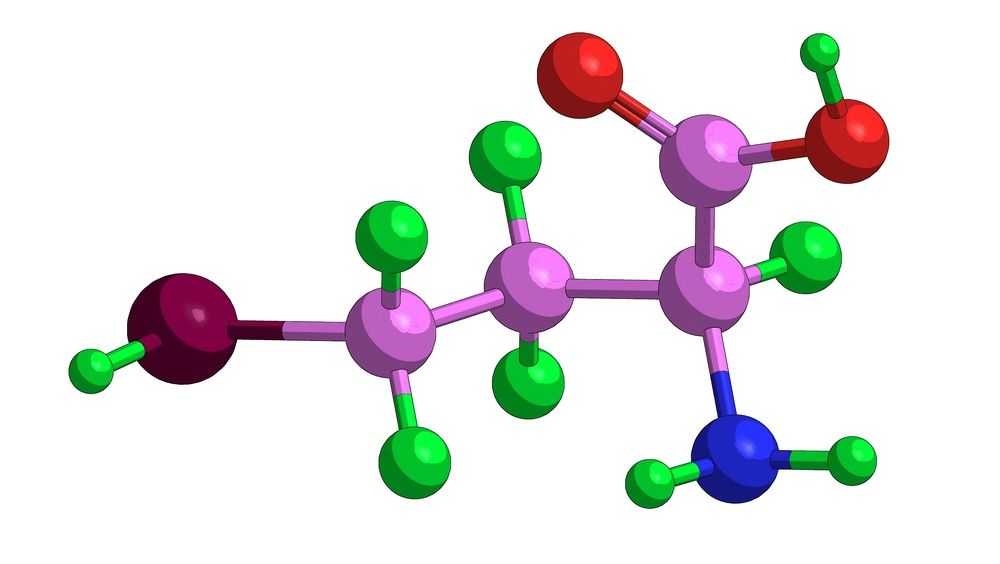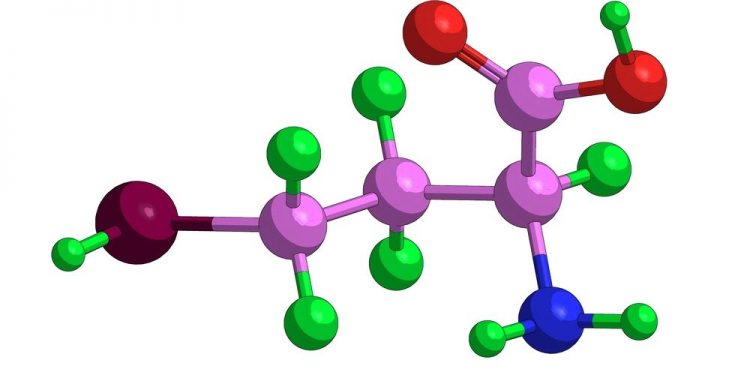Hyperhomocysteinemia symptoms can include an increased risk of heart disease, blood clots, osteoporosis, Alzheimer’s disease and related dementias. It is also associated with a rare genetic disorder called homocystinuria (HCU).
In people with HCU, the enzymes methionine synthase and a 5-methyltetrahydrofolate reductase are not working properly, causing too much homocysteine to remain in the body. This can lead to a deficiency of the B vitamins folate, vitamin B6 and vitamin B12.
If you have a high level of homocysteine in your blood, you may need to take a supplement. This can lower your levels and help protect you from a number of conditions.
Symptoms of Hyperhomocysteinemia
Homocysteine is an amino acid that helps the body create proteins. Normally, very little of it stays in your blood because vitamin B12, B6 and folate break it down. This process is needed to produce other proteins that the body needs.
The B vitamins also help your body convert homocysteine to other chemicals, like methionine and cysteine. These chemicals reduce inflammation, improve communication between your immune system and increase liver health.
It is important to make sure your diet has a lot of foods that contain the vitamins that break down homocysteine, such as those found in fish, poultry, fruits and vegetables. Some supplements can also help, but talk to your doctor first about what works best for you.

You should not take too much of these supplements, as it can cause side effects such as diarrhea, vomiting and headaches. Your doctor should monitor your levels closely, so they can recommend changes if you need to make them.
Your doctor may also recommend a treatment plan to lower your homocysteine levels. This can include dietary changes, a combination of supplements or medicine.
The most common cause of higher homocysteine levels is a deficiency in the B vitamins. Deficiencies in these vitamins can be caused by a lack of food, or due to an underlying condition.
If you have a deficiency in the B Vitamins, your doctor can prescribe a medication to treat it. They may also suggest taking a daily vitamin B6 or folic acid supplement.
A blood test can measure your homocysteine levels. Your doctor will order this test if they suspect you have a vitamin deficiency or an underlying health problem.
They can also measure your homocysteine levels if you have other risk factors for heart disease or a family history of heart disease. These tests can also be used to detect a rare genetic disorder called homocystinuria.
Symptoms of Hypocysteinemia
A low-protein diet can help lower your levels of homocysteine. This can be beneficial if you have an underlying condition, such as heart disease or high blood pressure. This may also prevent you from developing a clot in your blood vessels.
Your doctor will also discuss the risks and benefits of lowering your levels of homocysteine, as well as other ways to prevent cardiovascular problems. For some people, a low-protein diet isn’t enough to lower their levels of homocysteine.









